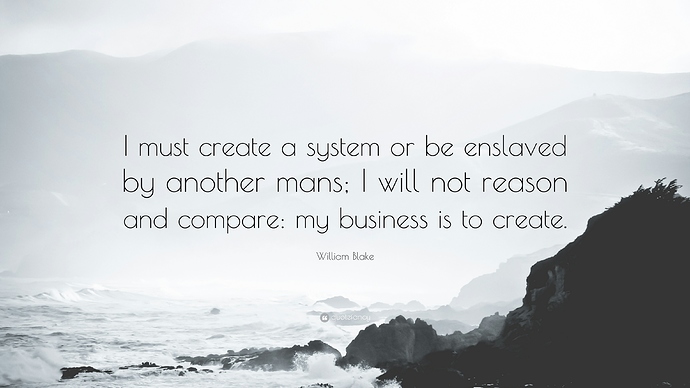I like stories, and I’m a fan of Highlander, so it seemed like something to keep an eye on.
Let’s start with the good bits.
First, I’ve read through the logs of a couple of previous Badass campaigns, and this one was much easier to follow. Whether it’s because I’m more familiar with Highlander in general, or that the mechanics have changed (or I’ve just become more familiar with them), or whether the consequences were just simpler, I just found I could understand not just what was happening, but why, and that made a big difference.
Second, I think that this campaign benefited from having lore to fall back upon: both the ideas of the original Highlander movie and series, as well as actual historical events. I’m a world-builder by nature, so it always bugged me when reading the other logs that I couldn’t get a good sense of the universe in which the campaign is taking place. In this campaign, that sense came through in spades.
Finally, I loved the character interactions, and that the losing character was responsible for writing the events. It gave the exiting character a nice send-off, and seemed like a good move to prevent both sore losers and sore winners.
As for what I think could be improved:
I didn’t get the mechanic of the Kurgan. I know why he was there (to weed out players who decided to abandon the game), but he just didn’t make sense after a certain point. In the movie, Kurgan was just another Immortal competing for the Prize (albeit someone we wouldn’t want to win it). And hunting down stragglers after a truce would have been a good take on that. However, once everyone got to New York, Kurgan didn’t show up, and that was really odd, given that he wanted to win the Prize, and had good incentive to not wait until the end to start killing people.
I think that Kurgan should have been given visible stats, and should have felt more like a looming threat then a game mechanic: start him off a little better than everyone else, and then have him fight someone (an NPC if no one else remains behind) in each truce city. If he wins, he becomes a little more powerful and more of a threat. If he draws, he gains a rival and the person gets to ponder how close they got to dying. If he loses… There’s a thing from the TV series called a “Dark Quickening.” Basically, if the evil souls that you’ve absorbed overwhelm the good ones, you become evil yourself. In the unlikely event that Kurgan loses, you get a new Kurgan (possibly a PC, which could be a really cool role to play).
And once you get to New York, Kurgan (or whoever has the Dark Quickening) should have shown up and actually started playing. “The Kurgan has caught your trail” doesn’t make sense if everyone’s in New York - of course Kurgan knows you’re in New York. But “Kurgan fights a random PC if any remain unpaired in NY” - that might have invoked some well-deserved fear and dealt with the attempted truce in a way that didn’t feel like railroading.
Anyway, enough about the Kurgan.
I would have liked to see the “souls onboard” mechanic come through a little clearer. The Necktie Lounge confused me here - it seemed as though the characters were there (wherever, metaphysically speaking, the Lounge was), rather than on board the next person. I think that showing the interaction between the souls riding along with a given individual would have been amusing to watch.
Although I liked the idea where draws became less and less likely as the game went on (due to damage and round numbers increasing at a greater rate than hit points), I thought that it may have gone too far in this regard. Certainly, by New York, the idea of a “draw” had to go (as there was nowhere to retreat to), but until that point, I think that more draws would have improved things (kept more players alive longer, allowed for more interaction, and allowed for better development of character relationships) without making the endgame in NYC more than one or two rounds longer (as log2n does not increase very quickly).
All in all, it was a lot of fun to watch. I didn’t join in this one because, although the world was more than detailed enough to build a good character in, I didn’t care for the mechanics of previous games. If the next one is like this one, I’ll certainly join, provided, again, that I can get enough of a feel for the world to inspire a character.


